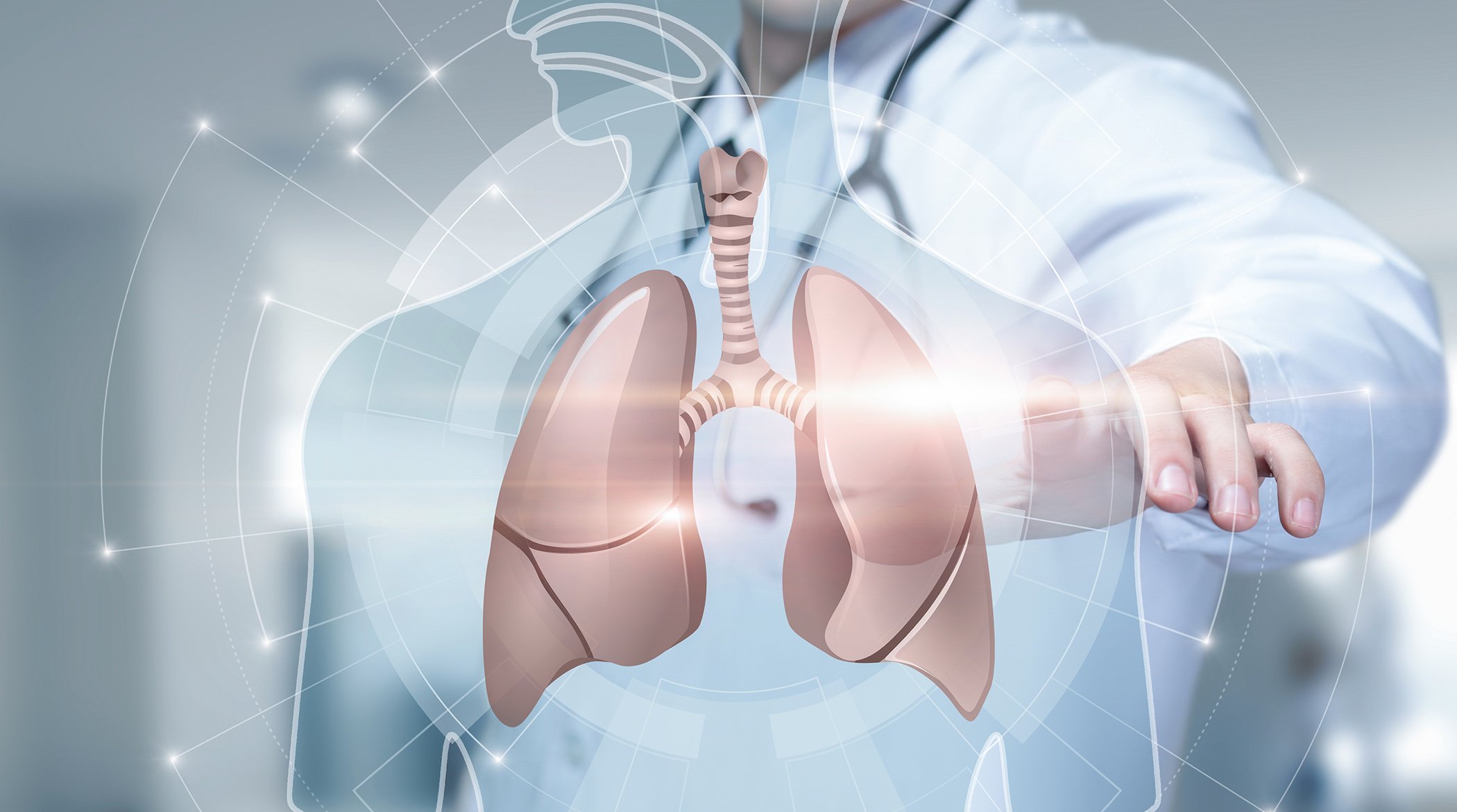SGLT2 inhibitors have been used successfully for some time in the treatment of diabetes mellitus. They are associated with effective blood glucose lowering through increased renal glucose excretion. But they can do even more.
Diabetes mellitus is manifested primarily by increased urine volumes and a resulting loss of sugar. In healthy individuals, approximately 180g of glucose is filtered daily in primary urine. However, this is subsequently returned to the body in the blood, as otherwise there would be a dramatic loss of nutrients. Glucose is excreted in the urine only when the blood glucose concentration is above 10 mmol/l [1]. The new substance class of SGLT2 inhibitors now targets precisely this reverse transport system. The sodium-glucose transport system (SGLT) is responsible for sugar reabsorption into the blood – and here 90% of the time it is mainly SGLT2. Currently available in Switzerland are the SGLT2 inhibitors canagliflozin, dapagliflozin, and empagliflozin. More to follow.
Recent studies have now shown that these substances not only have an effective effect on diabetes mellitus, but also on chronic heart failure. Even patients without diabetes mellitus benefit. Early on, a significant positive effect was observed with regard to the avoidance of hospitalizations and cardiovascular deaths. However, the case numbers of the first studies were very low and patients were not systematically recruited. Several clinical trials are now underway to determine whether SGLT2 inhibitors can be used not only in the prevention but also in the treatment of heart failure, even independent of the presence of diabetes mellitus [2].
Highly effective in heart failure
The first results were provided by a study of 4477 study participants who had heart failure with reduced ejection fraction [3,4]. Nearly half (45%) also suffered from diabetes mellitus. Patients received therapy for their heart failure according to the current state of care (93% diuretics, 93% ACE inhibitors or angiotensin receptor blockers [ARB], 96% beta blockers, 71% mineralocorticoid receptor antagonists, 11% sacubitril/valsartan) and, in addition, either 10 mg/day dapagliflozin or placebo. Primary end points were worsening heart failure or cardiovascular death.
After a mean follow-up of 18 months, clinical worsening of heart failure or cardiovascular death was seen in 16.3% of patients in the SGLT2 group and in 21.2% of the placebo group. Worsening of heart failure was seen in 10% of dapagliflozin-treated patients, and 9.6% died due to cardiovascular events. In the placebo group, this was the case in 13.7% and 11.5% of participants, respectively. Patients without diabetes mellitus benefited to the same extent as diabetics. Side effects occurred almost equally infrequently in both groups and were only a reason for discontinuation of therapy in a few exceptional cases.
Diastolic function in focus
Empagliflozin has been shown to result in rapid and sustained improvement in diastolic function in patients with type 2 diabetes [5]. In a previous study, treatment with the SGLT2 inhibitor was shown to significantly reduce hospitalization in patients with type 2 diabetes mellitus (T2D) and established cardiovascular disease. The early separation of heart failure event curves within the first 3 months of the study suggested that immediate effects of cardiac function might play a role. This has now been investigated further. Empagliflozin resulted in a significant increase in urinary glucose excretion and urinary volume after only 1 day compared with placebo. In addition, the preparation significantly improved left ventricular diastolic function, as assessed by a reduction in early mitral inflow velocity compared with early diastolic left ventricular relaxation (E/e’). This was already significant on the first day of treatment and remained throughout the study. This was primarily due to reduced early mitral inflow velocity E.
A look into the future
Patients with metabolic syndrome are at increased risk of developing heart failure with preserved ejection fraction (HFpEF). Established pharmacological therapies for heart failure with reduced ejection fraction (HFrEF) have been shown to be ineffective for HFpEF. The dual SGLT inhibitor sotagliflozin may offer an interesting perspective. This is because SGLT1 is upregulated in patients with heart failure. One study investigated the effect of the compound on LA remodeling in HFpEF in animal models [5]. In vivo, treatment with sotagliflozin improved LA enlargement and increased LA ejection fraction in HFpEF. In vitro, LA cardiomyocytes from HFpEF showed increased diastolic calcium, which was attenuated by the dual SGLT inhibitor. Forward sodium-calcium exchanger (NCX) activity was increased in sotagliflozin-treated HFpEF animals. LA cardiomyocytes in HFpEF showed an increased number of arrhythmic events that were not altered by sotagliflozin. However, the agent reduced the proportion of depolarizing events. The experts concluded that sotagliflozin can effectively preserve LA contractile function and prevent LA enlargement in HFpEF.
Source: DGK 2020 virtual
Literature:
- www.d-journal.ch/diabetes-aktuell/sglt2-hemmer-als-neue-diabetesmedikamente/ (last accessed on 31.05.2020)
- https://ch.universimed.com/fachthemen/1000001848 (last accessed on 31.05.2020)
- McMurray JJV, Solomon SD, Inzucchi SE, et al: Dapagliflozin in patients with heart failure and reduced ejection fraction. N Engl J Med 2019; 381:1995-2008.
- https://dgk.org/daten/sglt2-hemmer_pm-final.pdf (last accessed on 31.05.2020)
- https://ht2020.dgk.org/dgk-jt-2020-abstracts/ (last accessed on 01.06.2020)
- DOI: 10.1007/s00392-020-01621-0; Clin Res Cardiol 109, Suppl 1, April 2020 – Article V480.
- https://ht2020.dgk.org/dgk-jt-2020-abstracts (last accessed on 01.06.2020)
- DOI: 10.1007/s00392-020-01621-0; Clin Res Cardiol 109, Suppl 1, April 2020 – Article V479.
CARDIOVASC 2020; 19(2): 34-35 (published 8/7/20, ahead of print).











